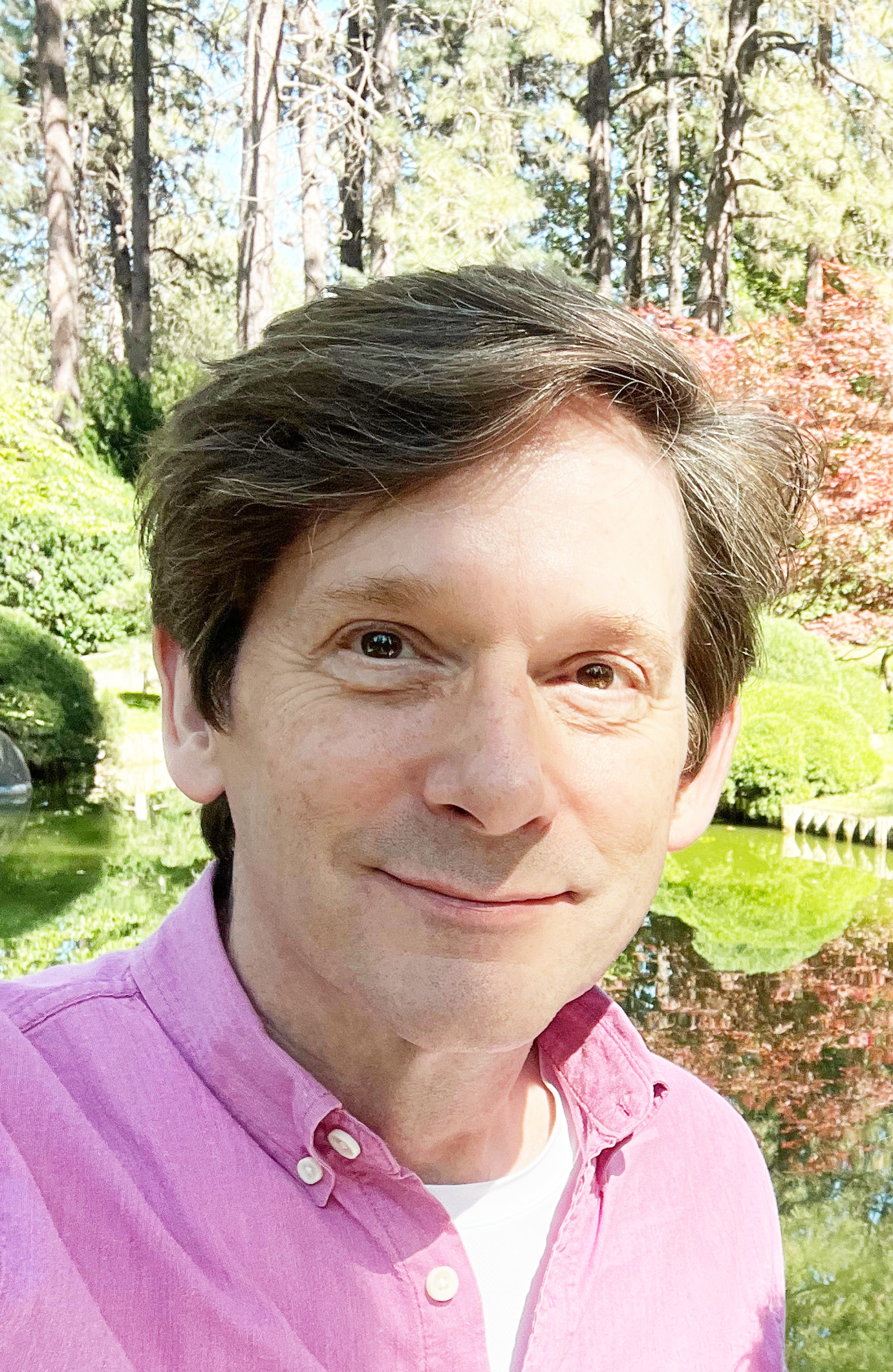The SPADE workshop will take place in Hyderabad, India, co-located with ICASSP 2025.
The workshop will take place on April 7th, 2025 - afternoon session from 14:00 to 17:30.
List of Accepted Papers
Pathological Voice Detection From Neutral Vowels: Handcrafted vs. Self-supervised Learning
Speech-based Clinical Depression Screening: An Empirical Study
Parkinson's Disease Detection Using Wavelet Packet Absolute Amplitude Deviation (WPAAD) from voice signals
Enhancing and Exploring Mild Cognitive Impairment Detection with W2V-BERT-2.0
Speech-Based Estimation of Schizophrenia Severity Using Feature Fusion
Investigating the Effectiveness of Explainability Methods in Parkinson's Detection from Speech
Prosody Disentanglement with Self-Supervised Speech Representation for Detecting Depression
Investigating Effects of Diffusion-based Conditional Generative Speech Models Used for Speech Enhancement on Dysarthric Speech
Exploring the Complexity of Parkinson's Patient Speech for Depression Detection task: A Qualitative Analysis
Unsupervised Rhythm and Voice Conversion of Dysarthric to Healthy Speech for ASR

Mark A. Hasegawa-Johnson is the M.E. Van Valkenburg Professor of Electrical and Computer Engineering at the University of Illinois at Urbana-Champaign. His research converts facts about speech production into low-resource transfer learning algorithms that can be used to make speech technology more fair, more inclusive, and more accessible. Dr. Hasegawa-Johnson is a Fellow of the IEEE, of the Acoustical Society of America, and of the International Speech Communication Association, and he is currently Editor in Chief of the IEEE Transactions on Audio, Speech, and Language Processing.
The Speech Accessibility Project: Description of the Corpus and Status of the Project
Automatic speech recognition (ASR) for atypical speech has lagged ASR for typical speech because training datasets are small. People with atypical speech may benefit from better ASR, but in most cases, the potential benefit does not justify loss of privacy, uncompensated labor, or the provision to researchers of unearned trust. The Speech Accessibility Project has established a very simple legal framework to guarantee participant privacy, a very simple compensation system to make sure participants are reasonably compensated for their time, and most important, a network of trusted partners who can help us to establish relationships of trust with potential dataset contributors. As of January 2025 the project has recorded approximately 1000 hours of speech from 1532 people with atypical speech as a correlate of Parkinson's disease, amyotrophic lateral sclerosis, cerebral palsy, Down syndrome, or stroke, and active recruitment continues in the latter four etiologies. Data from 424 of these people (primarily people with Parkinson's) has been made available to 61 organizations with proposed uses that advance accessibility, including 15 organizations who participated in the first annual Speech Accessibility Project Challenge Competition. The vast majority of speech in the competition dataset exhibits the mild hypokinetic dysarthria that is a widely recognized symptom of Parkinson's disease, and which is characterized by breathy voice quality, monopitch and monoloudness, and articulatory reduction. Small subsets of the speech with a reported etiology of Parkinson's disease are characterized by patterns of speech that have not been widely reported to be correlates of Parkinson's, including speech with extreme stuttering (more than a dozen repetitions of a single syllable), extremely low speech rate (three seconds per syllable), and extremely high speech rate (fifteen syllables per second). Data with speech patterns characteristic of other etiologies is now starting to be made available to researchers, as manual verification completes.
Best Paper Award
Investigating Effects of Diffusion-based Conditional Generative Speech Models Used for Speech Enhancement on Dysarthric Speech
View paper on arXivThe best paper award recognizes the most outstanding paper presented at the workshop. The program committee evaluated all papers based on their originality, technical quality, and relevance to the workshop topics.
The award was determined using a combination of the review scores and the presentation quality. Congratulations to the team for their contribution.